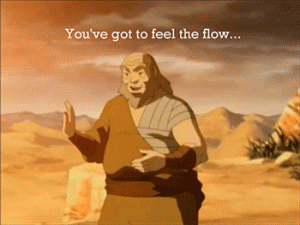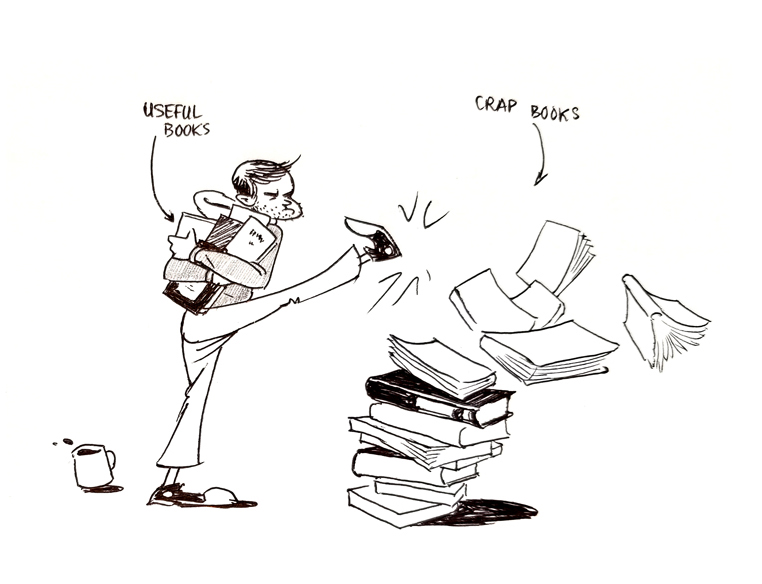How to Write Fiction: 5 Books That Are Actually Useful
My Quest for Useful Books on How to Write Fiction.
I have a confession. I call myself a writer, but I’ve never read Stephen King’s On Writing. Yes, the classic on how to write fiction. The one everyone quotes. Haven’t read it. I know. Sacrilege.
I’m assuming you’re here because you haven’t gotten around to that one either. Or you found it useless. King’s not the last word on how to write, after all.
But if you’re looking for a useful book on crafting fiction, where do you even start?
The thing is, lots of fiction writers have put out books on writing. I guess they’d be stupid if they didn’t. They’re seen as the experts, there’s a built-in platform, there’s guaranteed sales.
But that doesn’t mean their books on writing fiction are any good. In fact, I’ve read (well, skimmed mostly) plenty of bad ones.
Turns out it’s damn hard to turn insights and experience into actionable advice. Ask any teacher. We wrestle with this conundrum every day. “It’s obvious to me how to do this,” we think, “but for you, that counts for nothing.” And so we bust our asses trying to find a way to repackage the ideas so they have a chance of sticking.
Anyway, the problem for the aspiring writer is this. There’s no way to know, without cracking a book on the craft of fiction, whether it’s any good. You can’t trust the Amazon reviews. You don’t have the time to weed through them.
A Rubric of Usefulness.
Here’s where my list comes in. I’ve spent years browsing used book shops and thrift stores. Downloading eBooks onto my Kindle. And I’ve come up with a rubric of usefulness for books that purport to tell you how to write fiction:
- Good philosophy. Basically, unless the book is founded in a clear and consistent social constructionist worldview, it’s of no use to me. There are plenty of neo-Platonist books out there, for instance, like The 3 AM Epiphany, which seem useful, but are making bad assumptions about the creative process.
- Actionable ideas. Can I put what they’re saying immediately into practice? Will it give me a specific approach to try–or just abstract rules on what audiences want, or what constitutes good structure?
- Talk-throughs. I learn best when someone talks me through a breakdown of a specific example. It’s surprising how many writing books just throw a short story in there (like Baxter’s tired old “Gryphon”) as though simply by reading it you’d understand all the choices that went into it.
If you can find a book that does all three, you’ve got a keeper.
So, with all that in mind, here’s my list. These are the books that earned a place on my shelf. The books on how to write fiction that I come back to. The books I quote to my creative writing students.
Five Actually Useful Books on Writing Fiction.
The Story Book. David Baboulene.
This is, I think, the first book I ever paid for on a Kindle. That should say something. I read the sample, and said, “take my money.” Baboulene’s explanation of subplots is the first that ever made any sense to me. He also explains knowledge gaps. Understanding how those create both suspense and humor revolutionized my approach to story structure.
Writing Fiction: A Guide to Narrative Craft. Janet Burroway and Elizabeth Stuckey-French.
This was my textbook from college, when I took creative writing with David J. Stevens. Among other things, the book talks about why and how writers try to “conceal the decision and discovery structure.” Some of you might remember that idea going all the way back to Aristotle’s poetics. Sure. But Burroway and Stuckey-French provide examples and analysis that make those old Aristotelian fossils come back to life. And finally, Writing Fiction includes great essays on the craft, like Anne Lamott’s “Shitty First Drafts.” I can’t recommend it highly enough.
How to Write a Damn Good Novel. James Frey.
This thrift-store find doesn’t deserve to be as good and useful as it is. Frey’s approach to example is very helpful and entertaining. For example, in the chapter on character development, he pretends he is creating a character then and there. As he goes through different principles and exercises, he demonstrates the process of fleshing that character out. Frey has put out a series of books, such as how to write mystery fiction and thrillers. I intend to check these out soon.
The Craft of Writing Science Fiction that Sells. Ben Bova.
Even if you don’t write in the SF genre, this book will be useful to you. Bova’s style is very readable, and he lays the book out like a true teacher. Each principle he discusses is followed by an example story. Most importantly, each story is followed by a chapter breaking it down, and demonstrating how it used the principles in question. It’s a very instructive format that helped me solidify my approach to drafting stories.
A Sense of Direction. William Ball.
Surprise! This is not actually a how-to on writing fiction, but a how-to on theatrical directing. However, as I’ll say again and again on this blog, to master one creative discipline, you have to draw from others. You know, like Uncle Iroh learning from water-benders before inventing new techniques. Anyway, Ball’s explanation of character objectives is absolutely foundational to my approach to creating and writing psychologically complex characters.

Building Your Own List
These how-to books all passed my three tests. So, if you want to learn how to write fiction, I recommend them.
But I know every writer’s different. These books might not be the best fit for you. For your thinking style or writing style.
So, go ahead and build your own list. I believe that if you apply my three tests, you’ll find what works for you. Test how-to books for good philosophy, actionable ideas, and talk-throughs, and I know you’ll have better luck. You’ll find the resources that are actually useful to your quest of becoming a better writer. Good luck!
